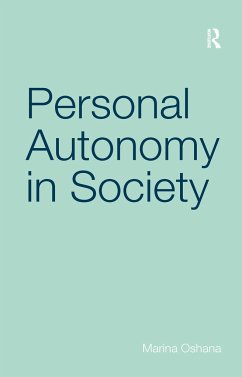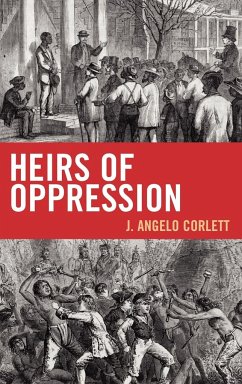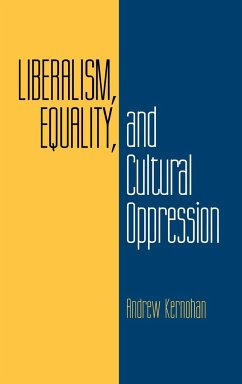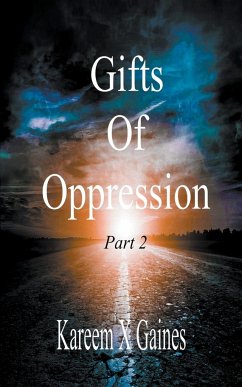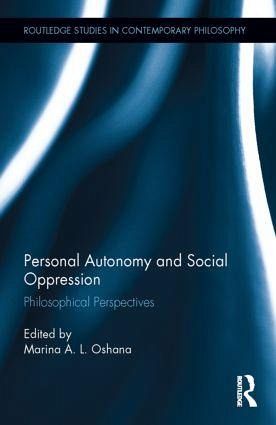
Personal Autonomy and Social Oppression
Philosophical Perspectives
Herausgeber: Oshana, Marina A. L.
Versandkostenfrei!
Versandfertig in 1-2 Wochen
176,99 €
inkl. MwSt.
Weitere Ausgaben:

PAYBACK Punkte
88 °P sammeln!
Personal Autonomy and Social Oppression addresses the impact of social conditions, especially subordinating conditions, on personal autonomy. The essays in this volume are concerned with the philosophical concept of autonomy or self-governance and with the impact on relational autonomy of the oppressive circumstances persons must navigate. They address on the one hand questions of the theoretical structure of personal autonomy given various kinds of social oppression, and on the other, how contexts of social oppression make autonomy difficult or impossible.





